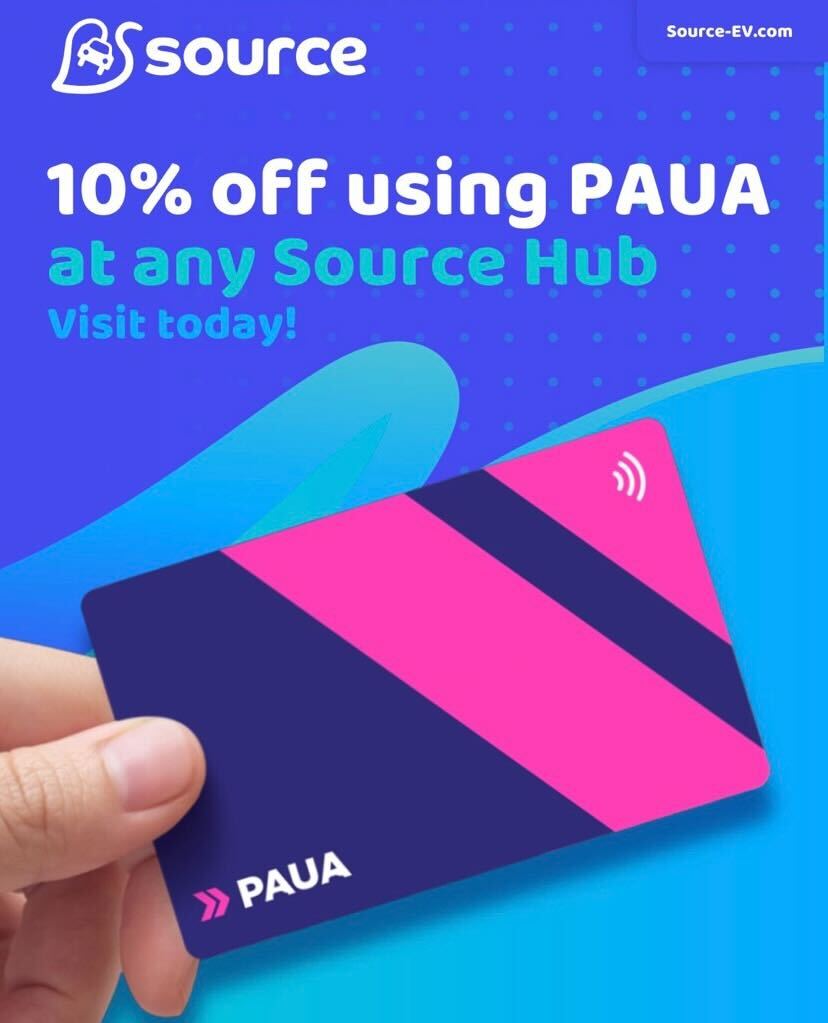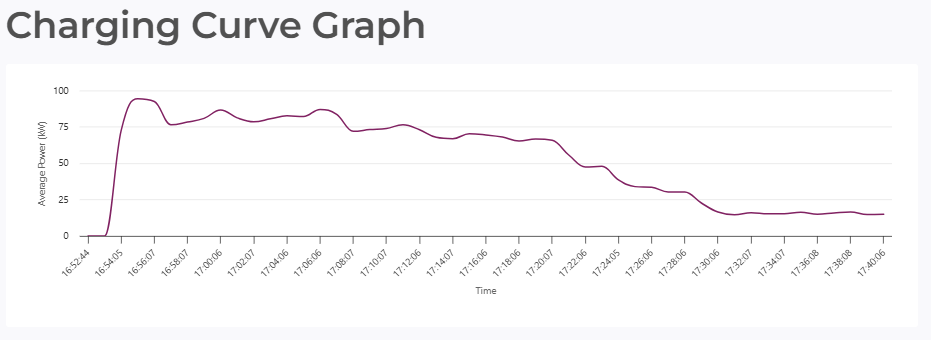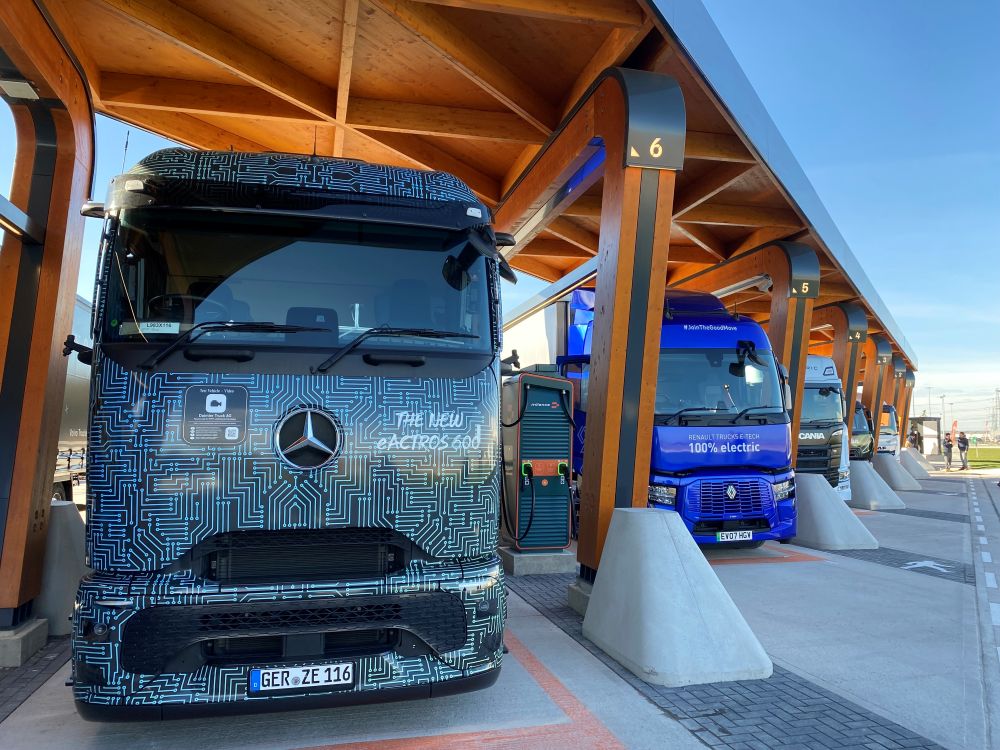TL;DR
Paua Solo safeguards salary sacrifice scheme providers by using a pre-tax, gross-pay model for public EV charging. This ensures HMRC compliance, fixed and auditable deductions, clear VAT treatment, and reduced employer risk. The result is predictable savings for drivers, confidence for employers, and peace of mind for auditors.
How Paua Protects Scheme Providers from Tax and Compliance Risk
The clarity every salary sacrifice scheme needs
Salary sacrifice is one of the most powerful tools in the UK’s clean-mobility revolution, but it also lives at the intersection of HR, payroll, and HMRC.
When things go wrong, they don’t go a little wrong; they go expensively wrong.
That’s why the question for every salary sacrifice scheme provider isn’t just “How much can employees save?”; it’s “Can we prove this is compliant?”
With Paua Solo, the answer is yes.*

1. Why compliance matters more than ever
In the last two years, the popularity of EV salary sacrifice schemes has exploded. Employers love the sustainability story; employees love the tax savings.
But behind the scenes, the administrative and legal structure must be watertight. If HMRC ever challenges how a scheme is run, liability flows uphill:
- Scheme providers are accountable for structuring the benefit correctly.
- Employers are responsible for applying salary deductions accurately.
- Employees bear the disappointment if the benefit is ever deemed non-compliant.
The result? One small misstep in payroll design can undermine the entire tax advantage, and create unexpected costs for everyone involved.
Paua Solo eliminates that uncertainty by giving providers a pre-tax, clearly defined, auditable system for public EV charging.

2. The risk of “after-use” or post-pay models
Other charging solutions on the market take what’s known as a post-pay approach:
the driver uses public charging, the provider totals the cost afterwards, and the employer adjusts salary retrospectively.
That might sound simple, but it could be challenged as to whether it is true salary sacrifice in HMRC’s eyes.
Salary sacrifice rules require that:
- The amount sacrificed is contractually agreed in advance.
- The deduction happens before tax and National Insurance are calculated.
Post-pay models tend to fail both tests. Because the value changes each month and the deduction happens after the benefit is consumed, HMRC could classify it as an expense reimbursement rather than a salary sacrifice.
That means no tax relief, no NI saving, and potential back-dated liabilities if audited.
It’s not just messy, it’s risky. And we do not recommend it.
Please do take your own tax advice.

3. The Paua Solo model: pre-tax clarity from day one
Paua Solo operates on a gross-pay (pre-tax) basis.
Each driver chooses a fixed monthly allowance, say £50, when they order their EV.
That allowance is formally written into their salary sacrifice agreement.
Here’s what happens next:
- Payroll deducts £50 from gross pay each month.
- Paua applies that same £50 to the driver’s charging account.
- The driver uses their Paua card at over 65,000 connectors across 50+ UK networks
- Unused balance rolls over; any excess spend is charged directly to the driver’s debit card.
Every step is pre-defined, predictable, and provable.
That’s what keeps HMRC happy, and scheme providers confident.

4. The audit trail HMRC actually wants to see
Paua’s system is built for transparency.
For every transaction, the data record shows:
- Driver name and employer
- Salary deduction amount and date
- Public charging sessions and kWh consumed
- VAT breakdown (where required)
- Monthly invoice value and reconciliation
This creates a digital audit trail linking salary deduction → benefit value → usage.
If HMRC ever reviews an employer’s benefit structure, every number matches perfectly, no estimates, no untracked reimbursements, no confusion.
The phrase “audit-ready” gets thrown around a lot. Paua Solo actually is.

5. Payroll alignment made simple
Payroll professionals love rules. They want consistency, one figure that never changes, one deduction that’s clearly pre-tax.
With Paua Solo, they get exactly that.
Each employee’s monthly deduction is fixed (e.g. £25, £50, £75 or £100).
Those figures sit neatly within existing payroll codes.
The same values appear on Paua’s consolidated invoice to the scheme provider, so reconciliation is one-to-one.
No recalculations, no post-period corrections, no queries from finance.
That simplicity doesn’t just make payroll easier, it proves compliance through consistency.

6. Reducing exposure for scheme providers
Let’s talk risk management.
In a typical salary sacrifice arrangement, if HMRC decides that a benefit has been mis-classified, it’s the scheme provider who must fix it with the employer, often through corrective payroll filings or liability adjustments.
By using Paua Solo’s gross-pay model, providers avoid:
- Retroactive PAYE recalculations.
- Reclassification of benefits as expenses.
- Disputes with employers about contractual intent.
Everything is pre-agreed, documented and aligned with existing salary sacrifice guidance.
In other words: no surprises, no sleepless nights.

7. Transparent VAT and reporting
Another common headache in EV charging schemes is VAT.
Who pays it? Who reclaims it? Who accounts for it when multiple charge-point operators are involved?
Paua simplifies all of this:
- VAT is applied consistently at 20% on the service fee.
- Employers or providers can reclaim VAT where applicable.
- Each invoice clearly separates gross value, VAT, and admin fee (15%)
That transparency makes life easier for finance teams, and auditors.

8. ESG meets governance
Compliance isn’t just about tax. It’s about governance, showing that a benefit is fair, inclusive and well-managed.
By embedding public charging through Paua Solo, providers help employers demonstrate:
- Social equity, everyone, including renters and flat-dwellers, can join the EV scheme.
- Environmental stewardship, more employees driving electric.
- Governance quality, transparent, auditable benefit administration.
It’s ESG by design and delivery, not by PowerPoint.

9. A partner, not just a platform
Paua doesn’t just hand over software and disappear.
Every integration comes with:
- Onboarding support for scheme providers and employers.
- Payroll and tax documentation explaining the deduction model.
- Live reporting dashboards for usage and reconciliation.
- An engaged team with which to review compliance updates as HMRC guidance evolves.
That ongoing partnership means you’re never left wondering whether your process still aligns with best practice, Paua keeps you there.

10. Real-world reassurance
When Paua Solo was piloted with early scheme partners, auditors and payroll teams repeatedly cited two things:
- Clarity; Everything reconciles perfectly with payroll.
- Confidence; We can explain this to HMRC without a single asterisk.
That’s the definition of peace of mind.

11. The bottom line: certainty sells
Salary sacrifice is built on trust; trust that the savings are real and the structure is compliant.
When employers or employees lose that trust, schemes stall.
By embedding Paua Solo, scheme providers remove the biggest barrier to growth: fear of getting it wrong.
They gain:
- Predictable pre-tax deductions.
- Fixed, auditable monthly invoices.
- Clean VAT treatment.
- Contractual compliance built in.
No grey areas, no fine print, no retrospective fixes.
In Summary



The compliance advantage that builds confidence
The future of salary sacrifice EV charging isn’t about clever tech or fancy apps. It’s about trust; in the numbers, the contracts, and the compliance.
With Paua Solo, scheme providers can expand faster, reassure employers, and satisfy auditors, all while delivering genuine tax savings to drivers.
Pre-tax. Proven. Protected.
That’s the Paua way.
Paua Solo is the EV charge card solution for public charging in your salary sacrifice scheme. Contact Paua to learn how EV drivers can save up to 62% on public EV charging through salary sacrifice. Get cheaper, tax-efficient EV charging with Paua.
*This content is for general information only and does not constitute tax advice.






